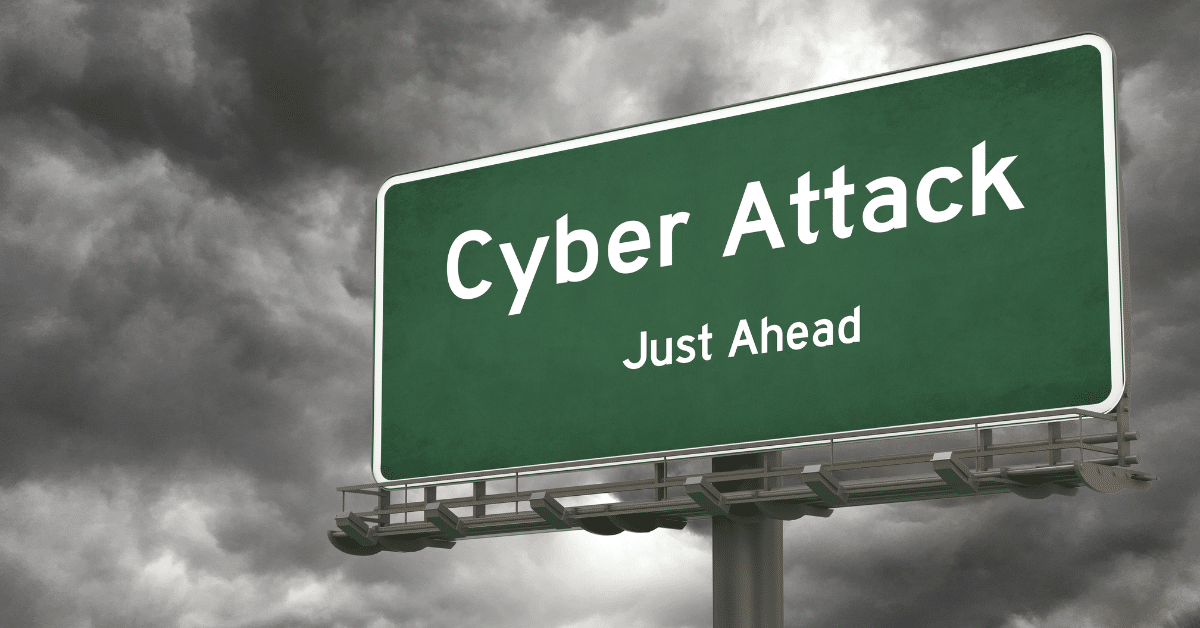If you thought your business was safe or your personal identity was secure, think again. The FBI Internet Crime Report has some startling findings and statistics. This is no time to get complacent.
The Rising Cost of Cybercrime
By the numbers, over 10 billion dollars was lost to cybercrime in 2022, an increase of almost 50% compared to 2021! That’s even with ransomware attacks decreasing. Phishing and business email compromise (BEC) are still the number one threat with more victims than ever.
The Evolving Tactics of Cybercriminals
Why are we losing so much? How are we falling victim to these “scams”? They are getting better and more sophisticated. Artificial intelligence (AI) is helping by improving spelling, grammar, and even the “voices” used by these criminals and their scams. Stealing credentials from unsuspecting seniors is still rampant as they are one of the favorite targets of cyber criminals.
Businesses are falling victim in record numbers to ACH fraud by “forged” business emails between vendors and customers performing routine business. Individuals are having their identity stolen, having “forged” tax returns submitted, and refunds sent before the victim is made aware.
Ransomware Is Rising
Ransomware has been a very popular news item since it’s so impactful shutting down businesses, industries, and government services in large scale. The costs are in the millions with one attack. Ironically, there are greater losses in small and medium businesses, adding up to billions. Phishing and BEC scams are easier to do in large volume and smaller amounts. Many go unreported and unclaimed.
Insurance companies have determined that over 95% of all email phishing and fraud could have been prevented if multi-factor authentication (MFA) was deployed. Because of that, MFA is now a requirement to get cyber liability insurance.
Proactive Steps for Cybersecurity
While it might seem like we’re in an unwinnable battle against increasingly savvy cybercriminals, there are proactive steps individuals and businesses can take. First, it’s crucial to invest in cybersecurity education. From teaching seniors to be more internet-savvy, to implementing regular staff training sessions in businesses, understanding the threats can dramatically reduce the risk of falling victim to an attack.
Additionally, implementing preventive measures such as robust multi-factor authentication, using strong and unique passwords, regularly updating software, and investing in a VPN can significantly enhance online security.
Government Initiatives and Regulations
It’s not just the responsibility of individuals and businesses to prevent cybercrime. Governments around the world are acting, implementing robust data protection laws, and regulating emerging technologies to keep up with the ever-evolving cyber threat landscape. New York State has created the NY SHIELD Act and many businesses are not even aware of the new legal requirements and fines that can be imposed.
The FTC has the Safeguard Act and is expanding its role in trying to “force” businesses to protect consumers or be held accountable. The IRS has introduced rules for CPAs to follow for protecting client’s personal identifiable information (PII).
Investing in Cybersecurity Infrastructure
Lastly, it’s more important than ever for businesses to invest in their cybersecurity infrastructure. As we’ve seen, even smaller businesses can become targets for cybercrime, and proactive investment in security measures like strong firewalls and regular vulnerability assessments can save billions in the long run.
Take Action to Secure Your Business
While cybercrime continues to be a major global concern, with a combination of increased awareness, robust preventive measures, and comprehensive cybersecurity strategies, we can all contribute to a safer digital landscape in 2023 and beyond. Contact us if you would like a “real” security assessment that looks at all the technology in use by your business. Our security services are 24 x 7 and continuous. You cannot drop your guard for a second!

About the Author
As the Vice President, David Wolf is a technology visionary and serial entrepreneur with over 30 years of experience in the IT industry. David has achieved the highest industry security certifications of CISSP (Certified Information Systems Security Professional), CEH (Certified Ethical Hacker), and CCISO (Certified Chief Information Security Officer). He enjoys using his technical expertise to help fellow business owners get the most out of their IT.

